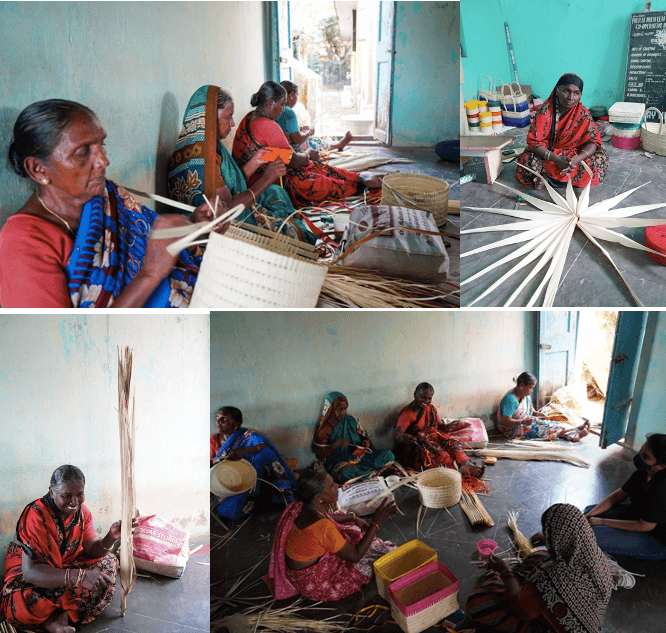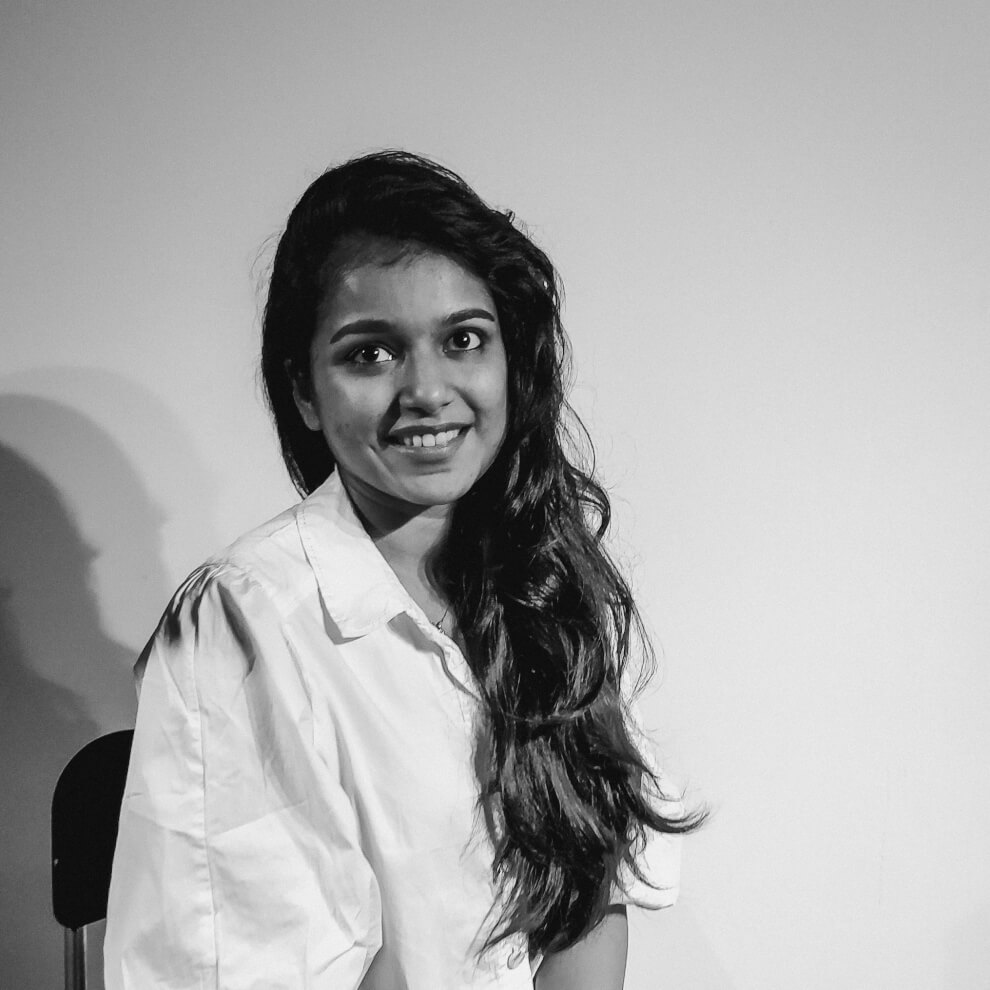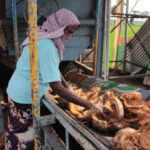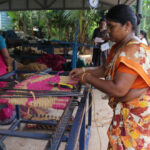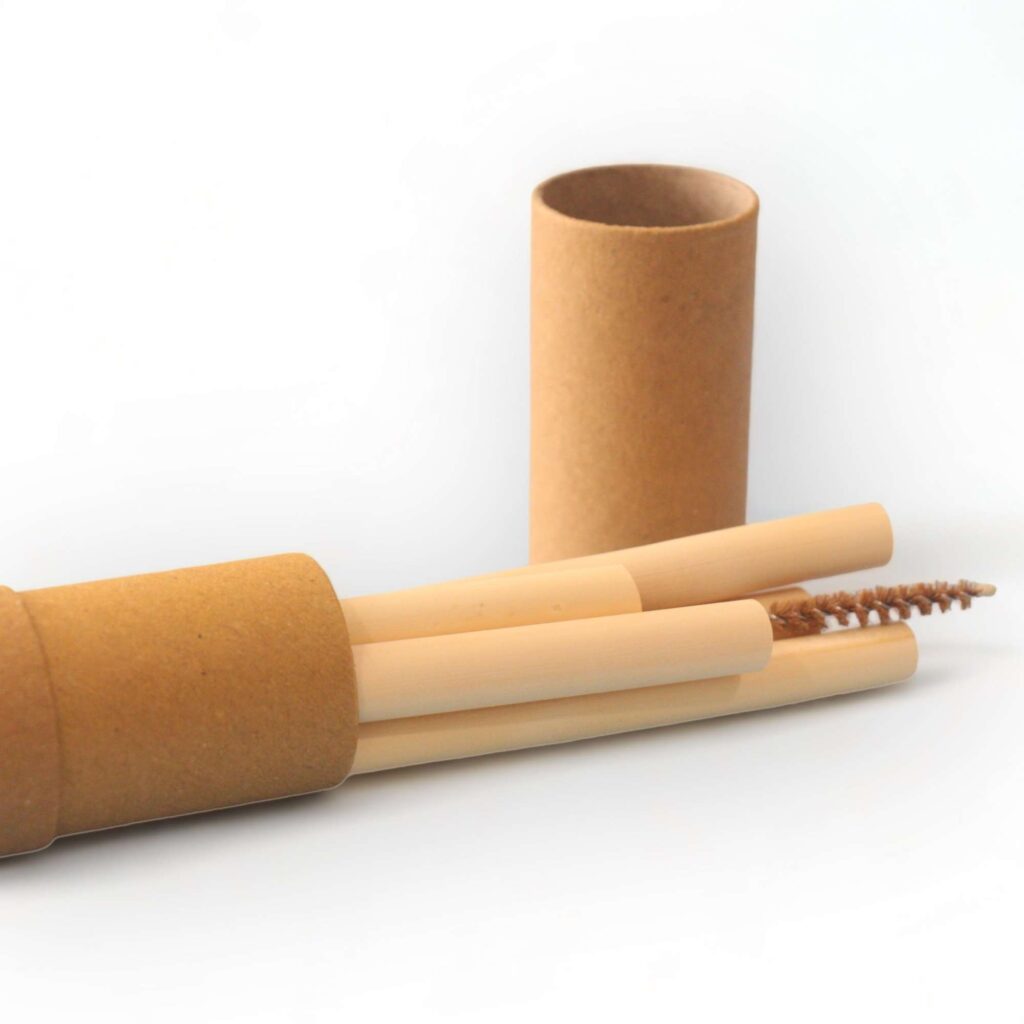When the first wave of the Pandemic hit in 2020, Thein landed in Russia for a research project in time for a nationwide lockdown. She found herself stuck in a small room with a small kitchen and only her laptop to help overcome the perpetual silence and the days that seemed to last forever. She neither knew the language nor anyone else in the city, so she decided that she would spend the long hours creating a website and start a conversation
with people on the internet. The bright screen lit up her face as she sat in a corner of her room typing out the word ‘Nonurbanism’.
“All of us in the city have similar origin stories. If you map back two to three generations you can find your grandparents or great-grandparents in a village with an occupation in the primary sector. My story was no different,” says Thein Sowrirajan, architect and founder of the Nonurban Foundation. “My grandfather used to be a farmer. He moved to Chennai in the early 80s and started a business. He hired people from our village (most of who just had basic education up to 8th grade) and upskilled them to work at the business. A lot of my family still lives in a village in Tanjavur so I see a difference in the way my cousins grew up.”
It was during her undergraduate architecture internship, that Thein got one step closer to her passion for the rural. “My boss Abha Narain Lambah was very sweet and understanding about the fact that making architectural drawings wasn’t my interest. She works in close contact with the BMC (Brihanmumbai Municipal Corporation), so they deputized me to a think tank called Observer Research Foundation. My job for the last four months of my internship was to document and understand 400 communities along the coast of Mumbai.” This experience nudged the young architect to move to Milan to pursue a degree in Planning and Policymaking.
Few months down the line, Thein decided that the Nonurbanism website—which at that time only consisted of a few handpicked quotes from the internet—should grow into something more impactful. “I studied at the Architectural Association in London for a while, where I met Nethra Ganesan, an architect (and one of my juniors), whose grandfather was a weaver. She lived in Dubai so she was keen on getting in touch with her roots as well.”
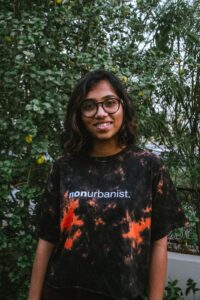
This marked the beginning of the NGO, Nonurban Foundation. “We called it the Nonurban Foundation because we intend to help anyone that falls under the non-urban category—from rural to periurban areas.” The duo put out a competition titled ‘Calling for Nonurban Ideas’ inviting some of their professors from their renowned universities to judge the entries while tapping into their networks, roping in people with similar interests. “We were scared out of our wits about the competition,” she reveals, “The goal was to make it look as legitimate as possible with our available resources because we were still very new. We even put out a cash prize of Rs.50,000 for the winning entry, using the money we had saved up over time,” Thein laughs. The result was tremendous. They not only broke even but also began to realise that so many others resonated with the idea of uplifting rural communities and were eager to do what they could. They immediately organised a few workshops and events, and eventually grew into an international network of 40 members.

Nethra and Thein became partners and registered their NGO in Chennai in October 2020 as most of the projects were in and around Tamil Nadu. The goal was to create thriving businesses in the rural. “We have all the right ingredients. Besides being eco-friendly and sustainable, most rural businesses are run by women—because the men usually migrate to cities to earn money,” reveals Thein with a chuckle, “The systems are also much simpler to scale. There is so much potential!”
The partners started by enlisting potential businesses in the primary sector—along the lines of farming, weaving, fishing and indigenous crafts, while also structuring their organisation under three verticles—fellowships, advocacy, outreach and skills.
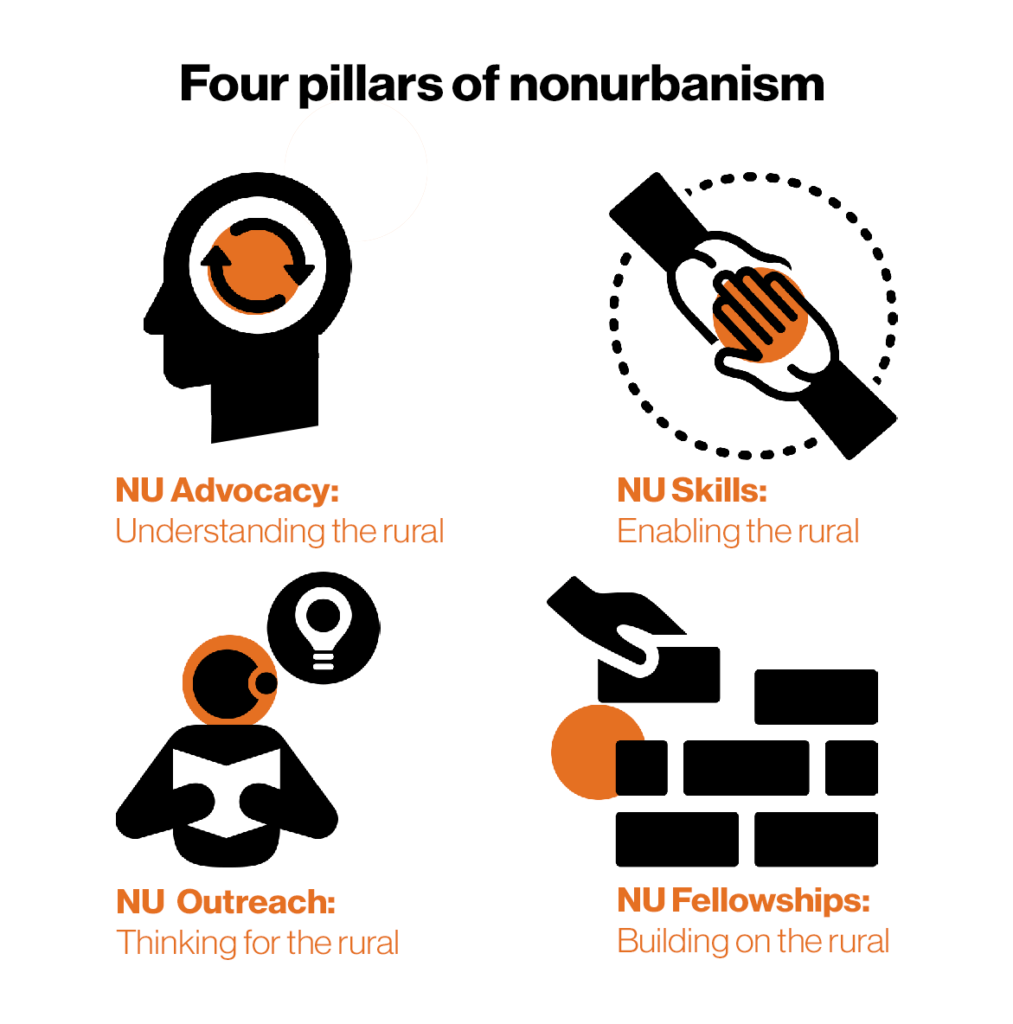
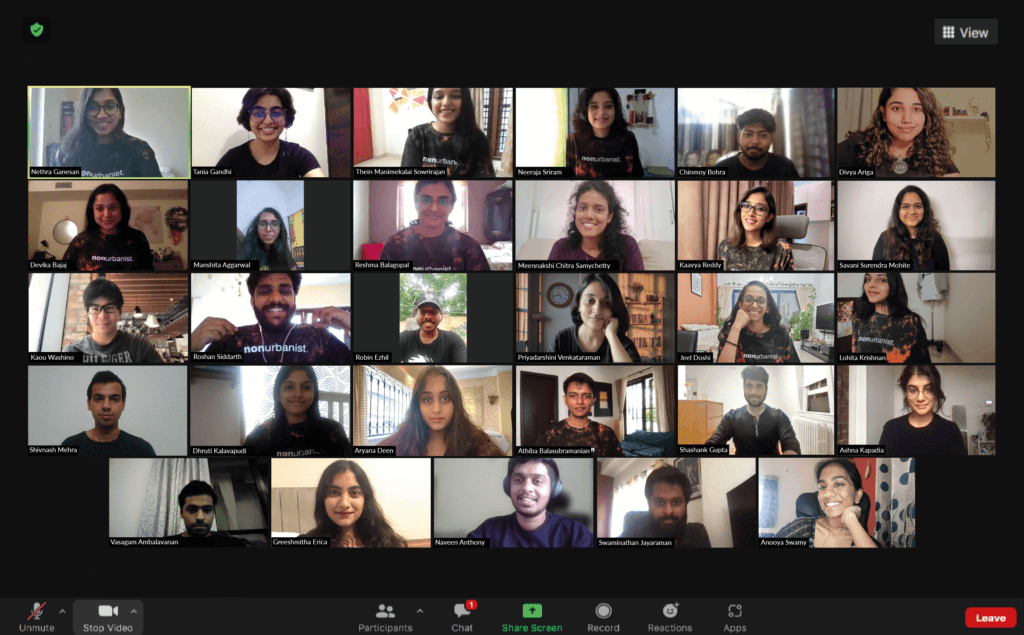
The NGO began by focusing on entrepreneurial primary sector jobs where the Nonurban Foundation’s team, consisting of mostly GenZ digital natives, would help with the outreach through digital marketing. They onboarded a few designers to help with advocacy and created fellowships centered around STEM for engineering solutions. “Once the organisation was set up and we made our presence on social media, we had interested young people contact us saying that they believed in our cause and wanted to participate in some way,” Thein recounts, still amused, “However, a lot of people also wanted to help uplift their own native communities. That is how we became an international network and took up projects in rural Ghana and Costa Rica as well.”
The entire organization runs virtually. “I haven’t met more than 50 percent of the team in real life, but we are able to cooperate and work together online,” she admits with a laugh, “And it saves us the electricity bills!” The journey taught the duo valuable lessons as they overcame their challenges. “I was initially emotionally invested in some of the projects and tried to be idealistic. That led to a few complications.” She recounts the event of a lost project and explains how it made her realise that as the Founder she should be invested in the cause and not the projects to keep the Foundation on track with its vision. “It’s also very important to trust and delegate tasks to everyone,” she explains as her biggest takeaway, “Only when everyone is equally invested in the cause will the organisation be able to achieve its goals towards the vison.”
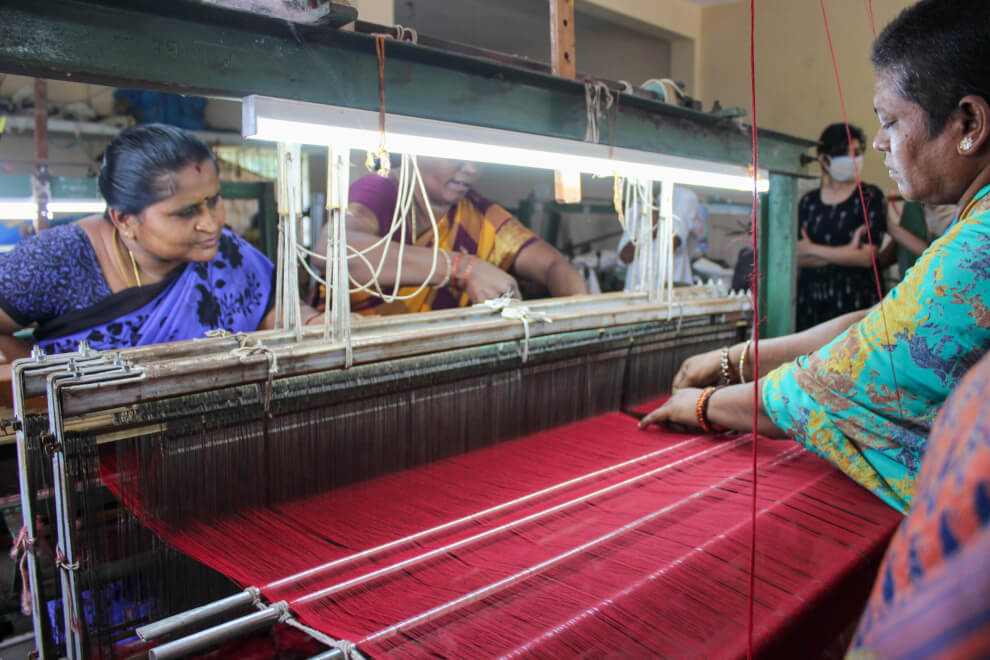
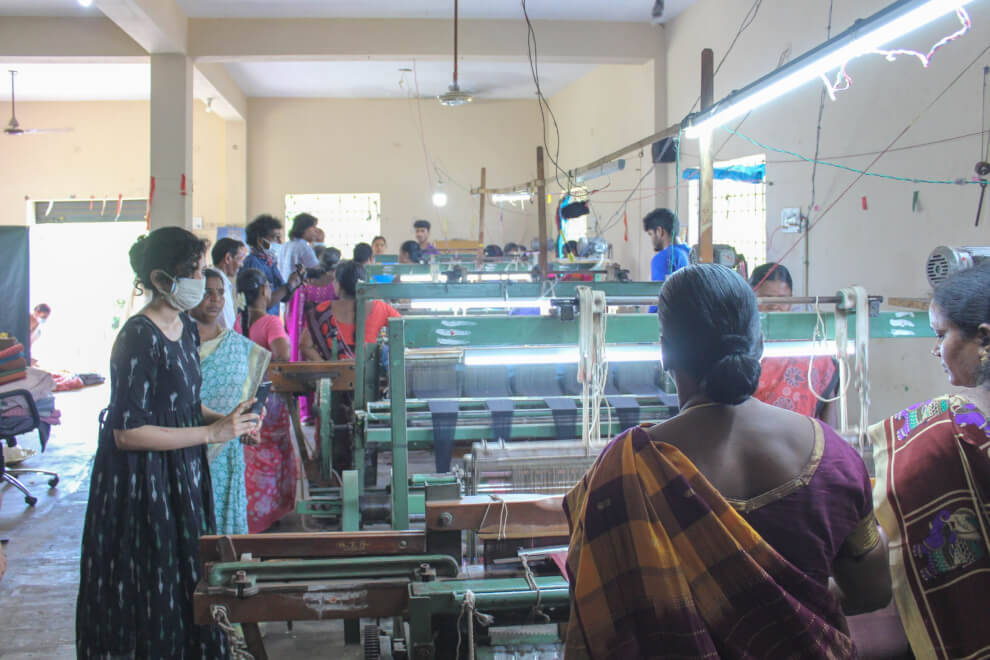
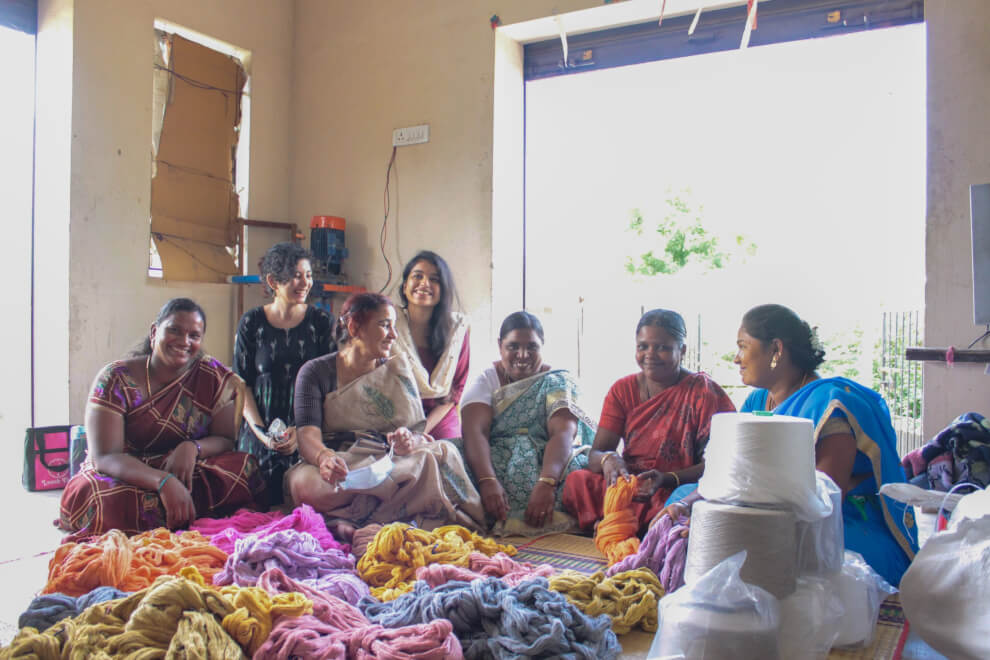
The formation of the Foundation coincided with Thein’s Master’s thesis on Policymaking titled “A Framework for Autonomous Investments to Rural Areas” involving an in-depth study of the people of Theni. The process involved interactions with the people of the local community and people who migrated from the cities back to Theni during the pandemic. “This extensive study gave me an idea as to how our Foundation could intervene and help with rural upliftment.”
How does the Nonurban Foundation help rural businesses scale? “Forming, Storming, Norming and Performing is the strategy,” reveals the 28-year-old founder, “Every village is at a different level of development, so the strategy we use depends on which stage the village is at.” For villages that have conflicts within the community but practice the same occupation at a household level, the Foundation assists in the creation of an organisation. The second type of rural settlement is one that has an organisation with a person anchoring the entrepreneurial operations. The NGO, in this case, would brainstorm with that person on ways to make the operations more efficient, thereby bringing better returns. The third type consists of rural MSMEs that have taken government aid and already have an efficient production. The Foundation would assist these organisations by normalising their product. This would be achieved by identifying new markets and helping them gain a wider reach through digital marketing. The final level of assistance that the Foundation provides is finding an autonomous investor for a ‘performing organisation’. “We have worked with a village at each one of these stages to validate our strategy,” says Thein, “Our aim is to take each village from stage one to stage four.”
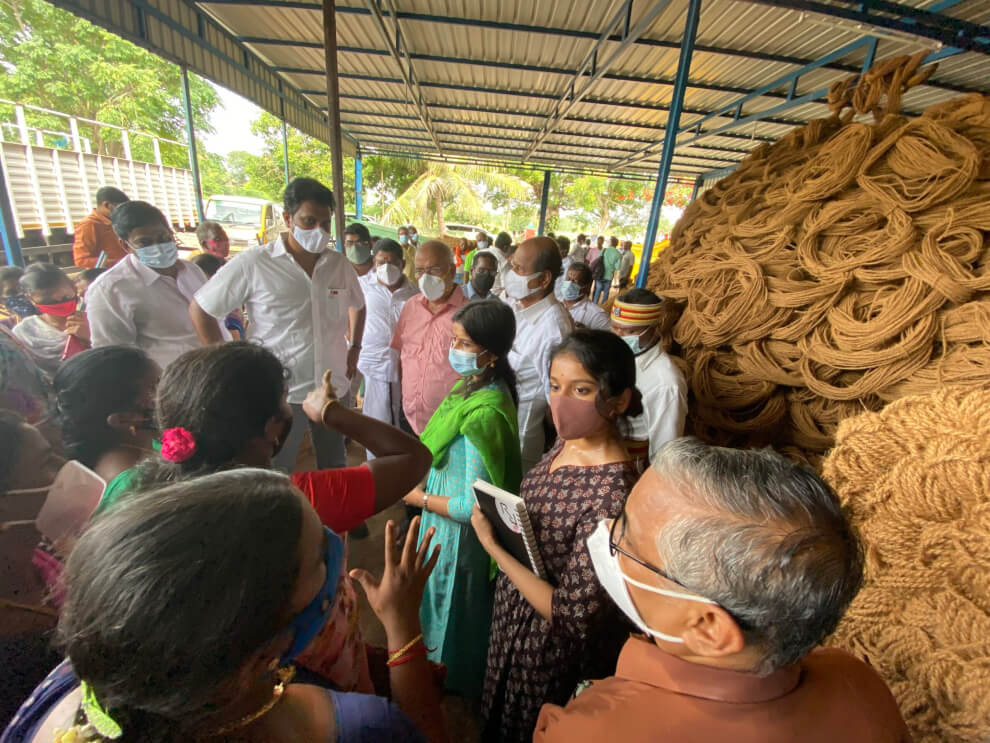
The Nonurban Foundation is entirely student-run with the median age of its members being about 24. “As a young organisation we ensure that we never go to the village with solutions. Almost 90 percent of the time the solutions come from the community. What we lack in experience we contribute through our intent, network and ability to leverage technology and resources,” says Thein.
The good intent did not come without its challenges. “While working with rural communities, it is essential for us to understand their culture,” adds the founder, revealing how the learning process cost a project, “Very soon we realised it was the little gestures—like buying the women of the village a ‘muzham’ (a Tamil unit of measurement almost equal to one foot) of flowers for their hair—that goes a long way in the collaborative process.”
The Nonurban Foundation is working towards assisting 4000 rural beneficiaries, consisting of 1000 farmers, 1000 weavers, 1000 fishermen and 1000 craftsmen (with a focus on coir, honey, stone and palmyra), to receive autonomous investments. “Our strategy is to work on small successes,” smiles the young entrepreneur, ”I believe that is the best way to grow and keep the entire Foundation motivated.”
